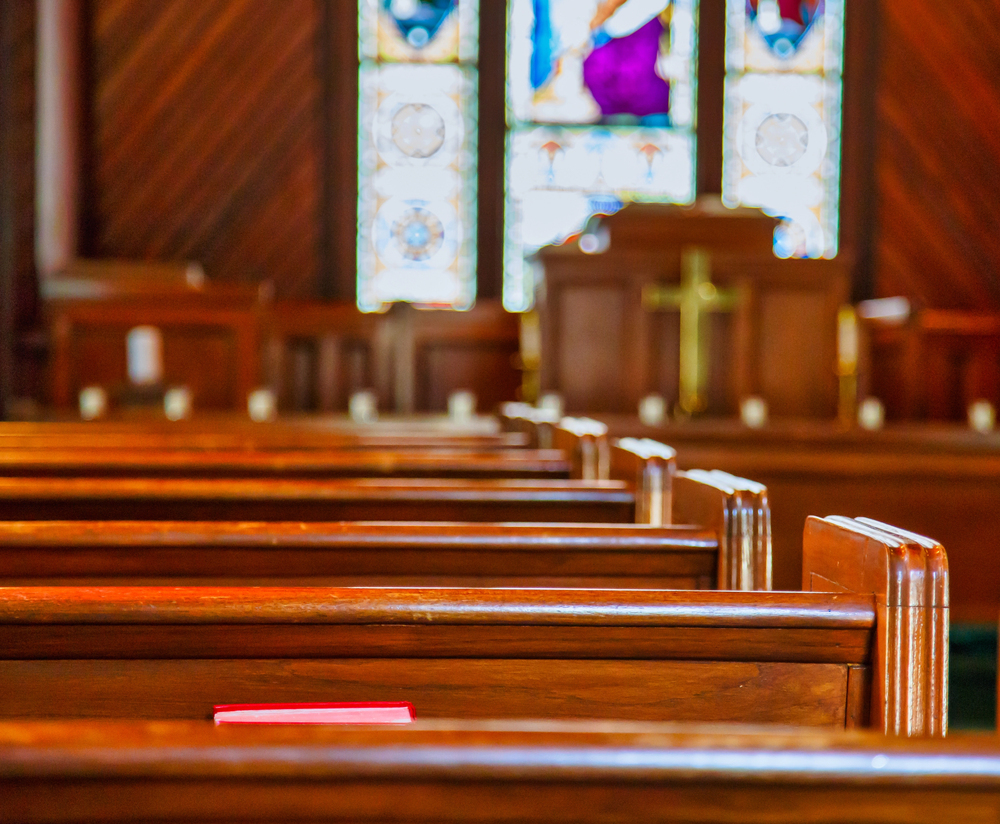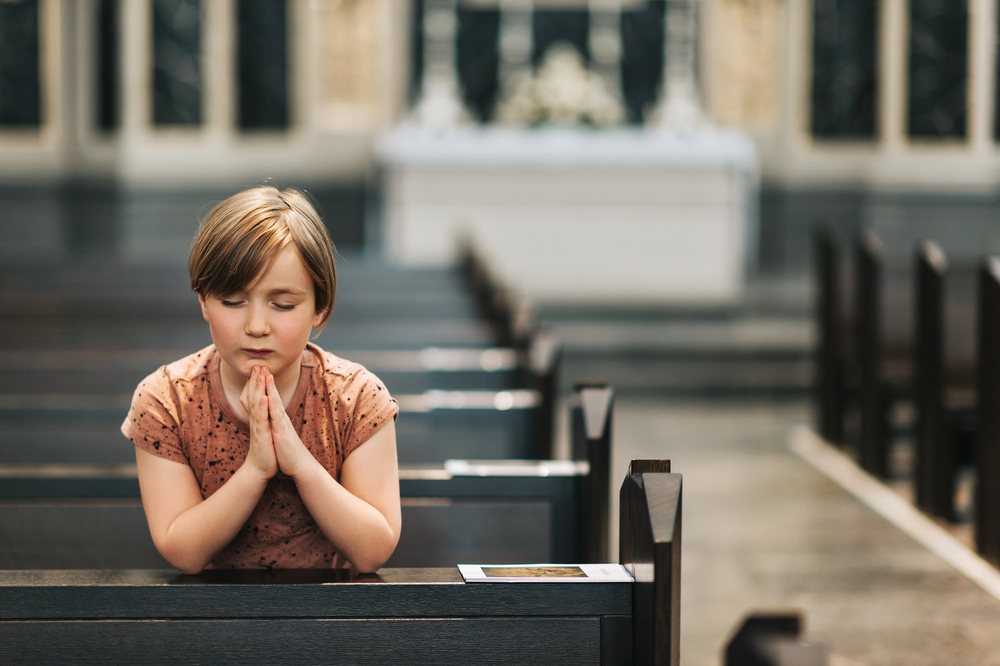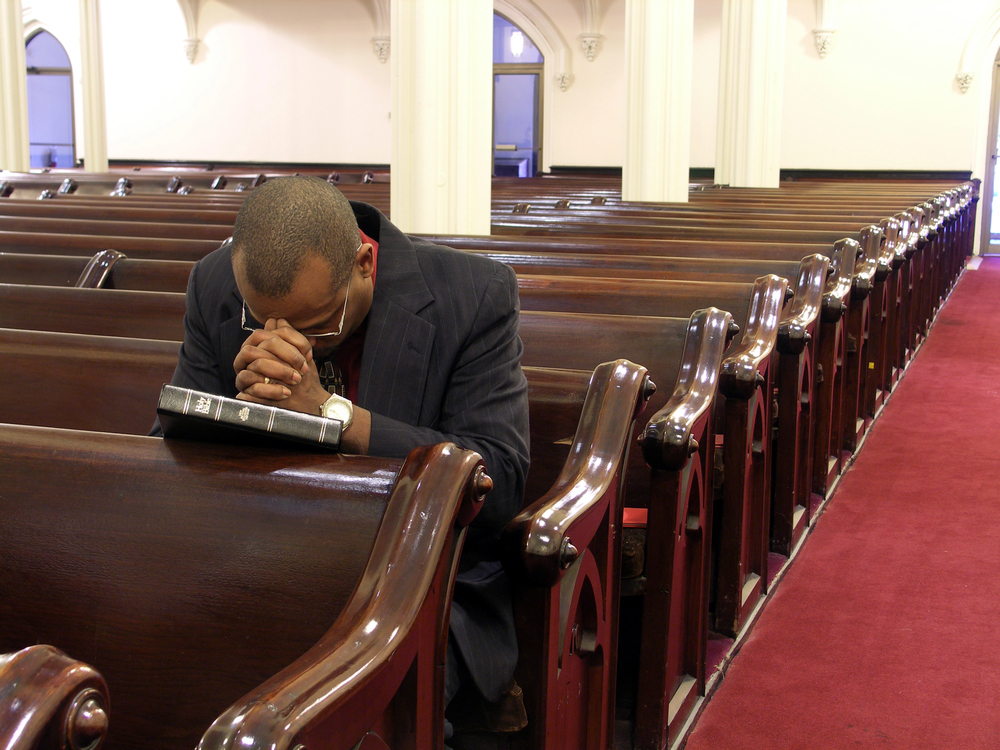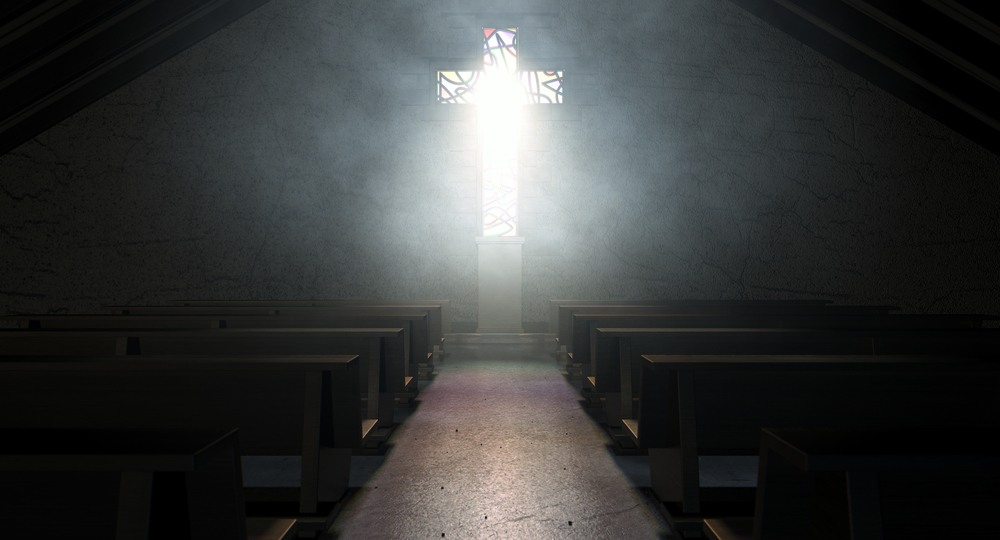
Did you ever stop to consider what it actually means to lose your faith not God, perhaps, but the community, the music, the rituals, and sense of belonging that informed your earliest memories? For a lot of Black Christians, the path away from belief is about so much more than theology. It’s about identity, loss, and the quest for some new form of wholeness. Let’s dissect the seven strongest forces shaping this experience and how ex-believers are finding their way, and sometimes, their peace.

1. When Loss Shakes the Foundations of Faith
The anguish of losing a loved one, particularly a child or sibling, can break open the most profound questions regarding God’s goodness. For Black mothers who lose children to violence, spirituality can become a lifeline and a battlefield. As one mother shared, “What gives me strength is my belief that this [death] happened for a reason and with God all things are possible. This is yet another challenge in a lifetime of hardship, but I think that God never gives you more than you can handle, and he made me for something like this.” For others, however, the destruction is so deep that the old explanations no longer work. The feeling of betrayal why would a good God permit this? can prompt a faith crisis, or even its complete collapse.

Research indicates that spirituality plays a key role in facilitating. Black mothers to make meaning and bounce back from catastrophic loss can also instill a spiritual crisis that is difficult to overcome. Spirituality as a healing resource.

2. Coming of Age in a Faith That Wasn’t a Choice
For many, faith was never just a Sunday thing it was the air they breathed. But what if the religion you grew up in begins to feel like a cage? A study indicates that 35% of American adults have changed or defected from religion since childhood, and the religiously unaffiliated have increased significantly over recent decades decline of religion in America. When religion is imposed from childhood, it can feel like a betrayal of your family, your community, even your heritage.
But as one psychologist says, “There can be a mismatch between a person’s identity or values and the values of their church.” The leaving process can result in feelings of guilt and shame, and the overwhelming task of determining who you are without the script you were given.

3. Queer Identity and the Church: The Pain of Being
“Othered” To queer Black Christians, the church is a potential place of refuge and also of trauma. Karmen Michael Smith remembers, “This minister would speak to me in private. In public, I might be standing beside him, and I was employed at the church, and he would never glance in my direction.”. He wouldn’t talk … I was invisible.” Pressure to conform, fear of being labeled an abomination, and the pain of exclusion cut deep. Statistics indicate that nearly two-thirds of LGBTQ+ individuals brought up Christian have abandoned their faith, but for Black LGBTQ+ individuals, the choice is complicated by the church’s position as a cultural and social nexus for queer Black Americans and the church. As Victoria Kirby York says, “I wish for a day when all the people who have chosen to remain in the faith understand that they’re loved completely without question. That they’re good people.”

4. The Black Church: More Than a Place of Worship
The Black church is not just a Sunday sermon institution. It’s been a pillar of resistance, education, and healing for centuries. From slavery’s hush harbors to the civil rights movement, it has provided sanctuary, dignity, and a sense of shared purpose cultural and historical importance of the Black church. For others, departing the church would mean not only abandoning faith, but also family, music, and the ceremonies that celebrated every milestone. “The church has always been, for Black Americans, the one place where we could be ourselves,” Smith says. This makes the choice to leave acutely painful and sometimes, acutely free.

5. Deconstructing Belief: Beyond “Us vs. Them”
It’s not always about abandoning God, leaving faith. Sometimes it’s about abandoning the binaries and boundaries that keep people from flourishing. As one author observes, “Western Christianity, and especially Protestant Christian epistemology, tends to have an ‘us-versus-them’ orientation.” For queer Black Christians, this can result in being othered not only by white churches but also by their own communities. Deconstruction is less about destroying faith and more about challenging the systems which determine who does and doesn’t belong. “When we break away from toxic Christianity or hardline concepts of sin and self, it’s not about denying others something. Those concepts just don’t function for us.”

6. Discovery of New Meaning and Belonging
After Religion, the process of leaving faith can feel like a free-fall, but it’s also an opportunity to create anew. Religious trauma psychologists emphasize the need for self-compassion and community. “Patients need to learn self-compassion, or being kind and gentle with themselves,” states Jared Warren, PhD. Therapy, support groups, and novel rituals can serve to replace the church. Others become activists, artistic, or find new spiritual practices.
Research indicates that altruism and awe traits typically fostered in religious contexts can be developed independently of religion in favor of altruism and awe following religion.

7. The Double-Edged Sword of Leaving (or Remaining)
Whether you remain or depart, there is no smooth road. Black LGBTQ+ individuals who stay in the church typically experience perpetual stigma, internalized homophobia, and feelings “less than.” Those who do leave might mourn the deprivation of culture, music, and community. As Smith states, “If you are going to leave, understand that even as much as you might win, please know you’ll be losing something too.” But there are supportive communities and other spaces, such as the ballroom culture or LGBTQ+ affirming groups, where new ways of worship and bonding thrive. “There’s still some negativity that you’ve taken in along the way that you’ll still have to contend with, even if you depart.” Because you’ve been told Sunday after Sunday that you’re the problem,” Smith concedes.

But both ways need nerve, and both ways are viable. For Black ex-believers, leaving faith is never a matter of belief. It’s a matter of reclaiming purpose, building new kinship ties, and learning to love yourself beyond what you learned. And on that path, there is another kind of grace, one born from within, and from the people you decide to surround yourself with.


